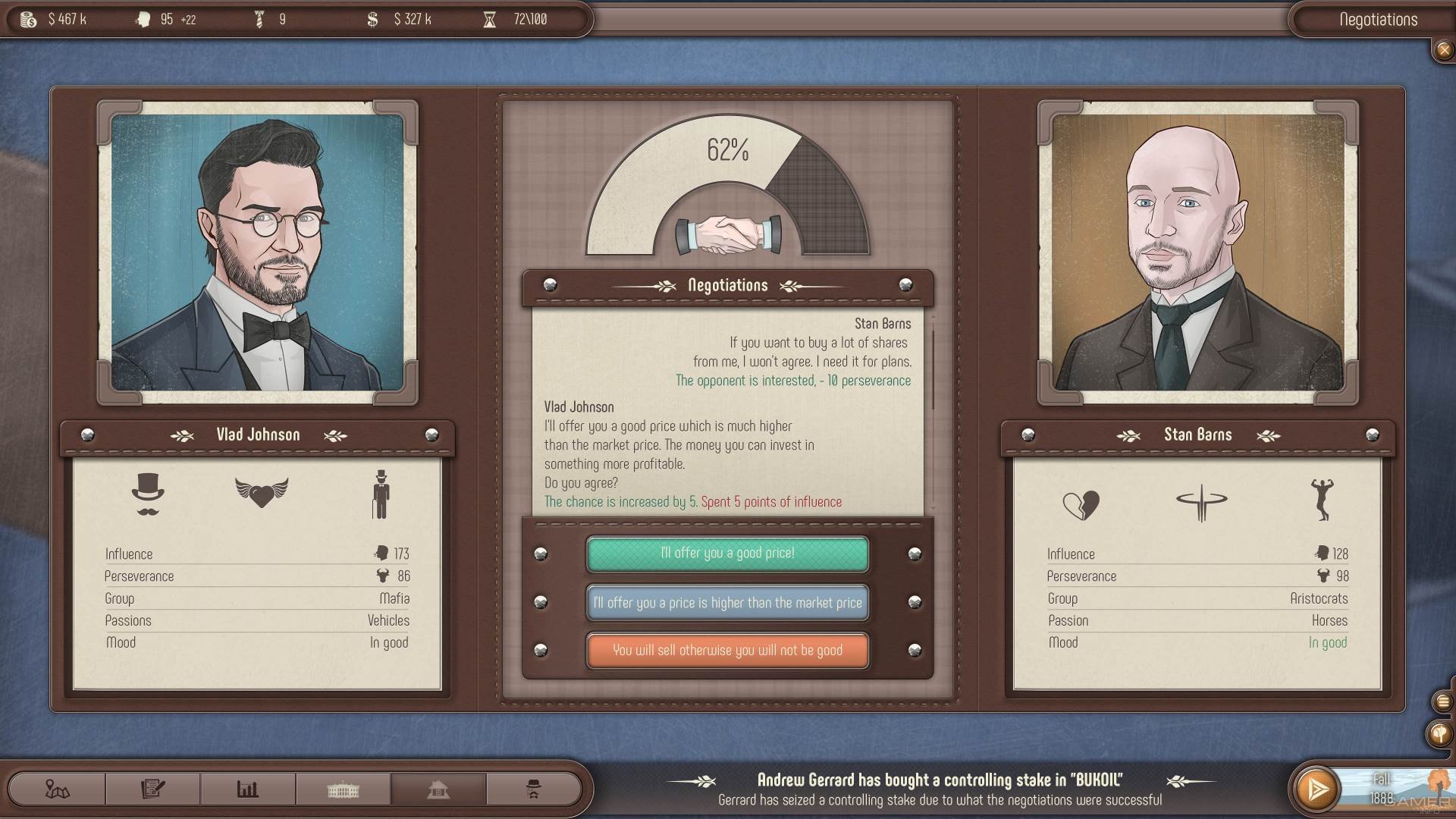

Note that my argument doesn’t depend on any kind of moral distinction between dictatorship and democracy, as I don’t feel moral arguments make any sense here. Of course I’d favor using executive power to go after federal employees and force them to behave differently when feasible, but regulations of any great complexity and depth will require a reliance on left-wing bureaucrats and judges to interpret and enforce the law. Until recently I thought China was a major counterexample, but it’s still sticking with Zero Covid. Moreover, even though it sometimes seems that almost anything is better than being ruled by wokes and corona hysterics, we have to respect the historical record here, and it provides little basis for thinking that dictatorship is a good alternative to democracy in the long run.

For better or worse, we’re stuck with “democracy,” i.e., rule by a small class of people rather than a strongman.

The country is too big and diverse, and power is too divided across the three branches of government, between them and the administrative agencies, and between the feds and the states and localities. That allows everyone else to go about doing things like starting families, going on vacation, and developing hobbies instead of bothering with politics and becoming like the activists who want to ruin everything.Īll that being said, I’m more inclined to political realism than I am a political philosopher, and I think it’s unlikely that we’ll get anything resembling a functioning Caesarism in American politics. So, under right-wing Caesarism, you have Erdogan or Orban do the full-time job of making sure that the art museum isn’t smearing menstrual blood all over the floor, criminals aren’t being released without bail, and your kids aren’t being taught to question their gender identity, because that’s not the kind of society most people want to live in and that’s what you get if you don’t do anything and leave these decisions to “civil society.” Instead of being ruled by say an unrepresentative 1-2% of the population, you put your trust in one man and his lieutenants who are presumably less neurotic and subject to certain mind viruses than those who would otherwise be running things. In reality, it’s a very small group that matters, and there’s nothing that guarantees that whatever we call this bureaucratic class will have political preferences that if enacted will help rather than harm society. Some call this the “managerial class,” but I don’t like that term as I think it’s too broad and implies that everyone with a college degree or who works in a white-collar profession is actually taking part in running society. It must therefore reflect the views of an activist/bureaucratic/journalistic class. The argument goes that democracy can’t represent the will of the masses, who are indifferent to politics and busy with their own lives. In his response to my “Why is Everything Liberal?”, Scott Alexander noticed that I made something of a case for Caesarism.


 0 kommentar(er)
0 kommentar(er)
